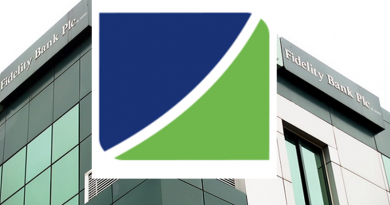Credit extended by banks to the private sector decreased by 1.59% in June
In its latest Money and Credit statistics, the Central Bank of Nigeria (CBN) disclosed that the credit extended by banks to the private sector experienced a month-on-month (MoM) decrease of 1.59 percent, dropping from N74.31 trillion in May 2024 to N73.12 trillion in June 2024. On a year-on-year basis, this figure increased by N20.31 trillion, or 38.45 percent, compared to the N52.81 trillion recorded in June 2023.
Additionally, the data indicates that credit to the government decreased by 1.1 percent, falling from N28.37 trillion in May 2024 to N28.05 trillion in June 2024. The combined credit to both the private sector and the government resulted in a net domestic credit of N101.17 trillion, reflecting a 1.46 percent MoM decline from N102.68 trillion in May 2024. This reduction in private sector credit suggests a slowdown in investment, potentially driven by the elevated borrowing costs stemming from an increase in the Monetary Policy Rate (MPR) in the country.
The CBN Monetary Policy Committee has raised the MPR four times since January 2024, escalating it from 18.75% to 26.75% in July, an increase of 800 basis points. The decrease in government credit may mitigate the risk of the crowding-out effect associated with government borrowing in the domestic financial market.
Furthermore, it is imperative for the government to ensure the effective utilization of borrowed funds, which can be accomplished by enhancing mechanisms that promote transparency and accountability in the debt management process. Given that investment is a crucial element of GDP, a decline in investment could lead to diminished future GDP growth. Therefore, it is essential to guarantee that firms have access to necessary financing. SOURCE: CSEA AFRICA




